Americans love their sugar and sprinkle it on a great many things or shovel it by the spoonful into drinks like coffee and tea. Unfortunately, too much of a good thing can have consequences. Sugar is an addictive sweetener that delivers a lot of calories without any vitamins or minerals. It contains fructose, which the body turns into a substance called glycogen that becomes fat and accumulates in the liver. Studies have shown excessive sugar intake can lead to unintended health consequences. To avoid those, here are 10 healthy alternatives to sugar.
Honey – A Nutrition Powerhouse
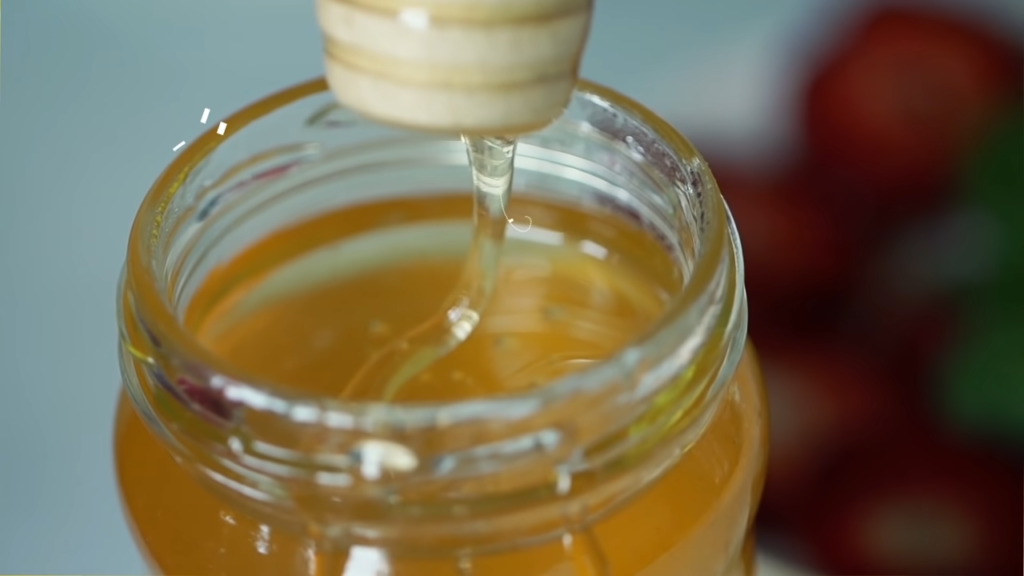
Honey has long been cherished as one of the most natural and effective healthy alternatives to sugar. It predates refined sugar and offers a rich, complex sweetness that enhances both flavor and nutrition. Unlike processed sweeteners, honey contains antioxidants, enzymes, and trace minerals that support overall wellness.
Raw honey delivers antibacterial and antifungal properties, making it a functional ingredient in both food and natural remedies. It soothes sore throats, aids digestion, and may help reduce seasonal allergy symptoms when locally sourced. Its glycemic index is lower than table sugar, which helps moderate blood sugar spikes.
Use honey in tea, yogurt, oatmeal, and baked goods. It pairs well with citrus, nuts, and spices. Choose raw or organic varieties to avoid additives and preserve nutrients. Although honey contains more calories than sugar, its health benefits and natural composition make it a smart choice for mindful eating.
Maple Syrup – A Rich Tasting Alternative
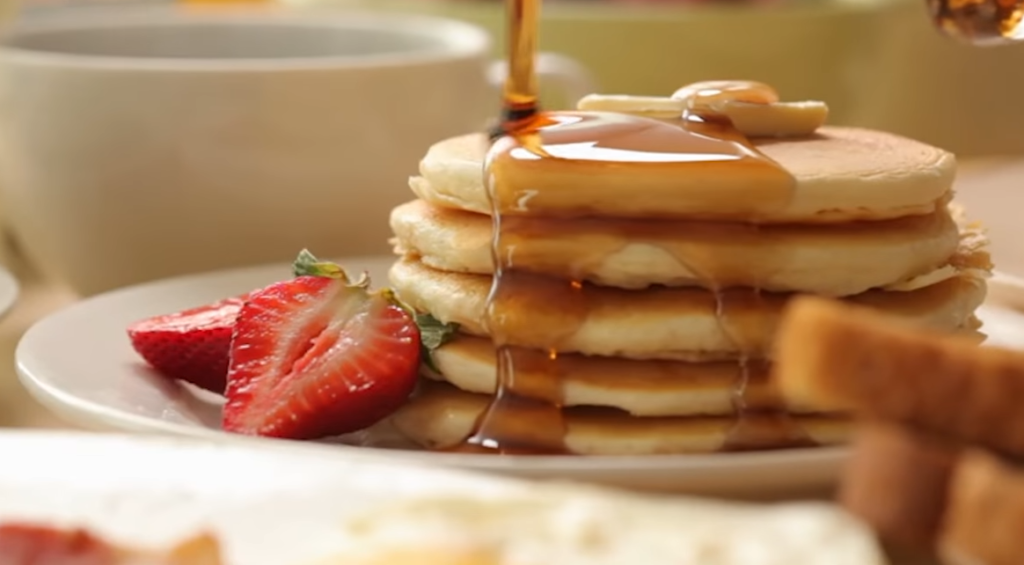
Maple syrup is a flavorful and natural sweetener that ranks high among healthy alternatives to sugar. It contains antioxidants and essential minerals like zinc and manganese, which support immune function and cellular health. Unlike refined sugar, maple syrup offers nutritional value along with its rich taste.
This syrup is derived from the sap of maple trees and undergoes minimal processing. Its glycemic index is lower than table sugar, making it a better option for blood sugar control. Maple syrup also contains polyphenols, which may help reduce inflammation and oxidative stress.
Cooks often use maple syrup to enhance baked goods, breakfast items, and even savory dishes. Maple sugar, made by dehydrating maple syrup, provides a granulated option for recipes that require dry sweeteners. Though it can be expensive, its versatility and health benefits make it a worthwhile addition to your pantry.
Maple syrup is a smart choice for those seeking healthy alternatives to sugar without sacrificing flavor or texture.
Fruit Juice – Healthy Alternatives to Sugar
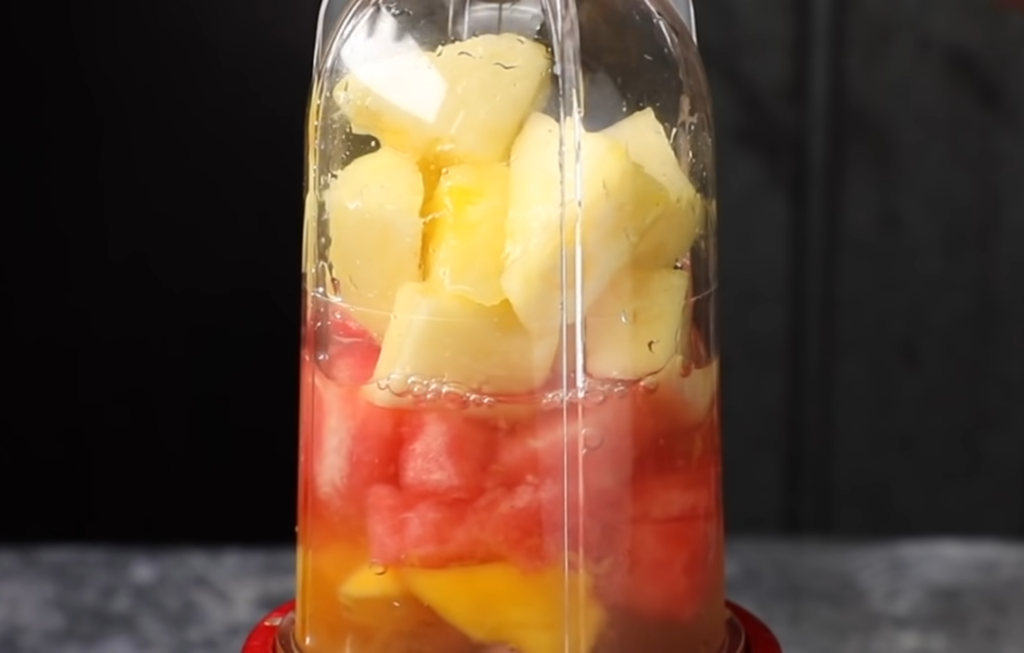
Fruit juice offers a natural way to sweeten recipes without relying on refined sugar. It works well in baked goods like muffins, cakes, and cookies. Apple, orange, and pineapple juices are popular choices for adding moisture and flavor. Always choose 100% juice with no added sugars or artificial sweeteners.
Juice from whole fruits contains vitamins, minerals, and antioxidants. These nutrients support immune health and help reduce inflammation. Juices made from berries or pomegranates provide additional polyphenols, which may protect against chronic disease. Avoid juice concentrates, which often lack nutritional value and contain hidden sugars.
When using fruit juice in cooking, reduce other liquids to maintain texture. For example, substitute half the sugar in a recipe with unsweetened juice. This method preserves sweetness while lowering the glycemic impact. Fruit juice is one of the most accessible healthy alternatives to sugar for home cooks.
Juice blends can also enhance smoothies, sauces, and marinades. They add depth and natural sweetness without compromising nutrition.
Molasses – A Refined Alternative to Sugar
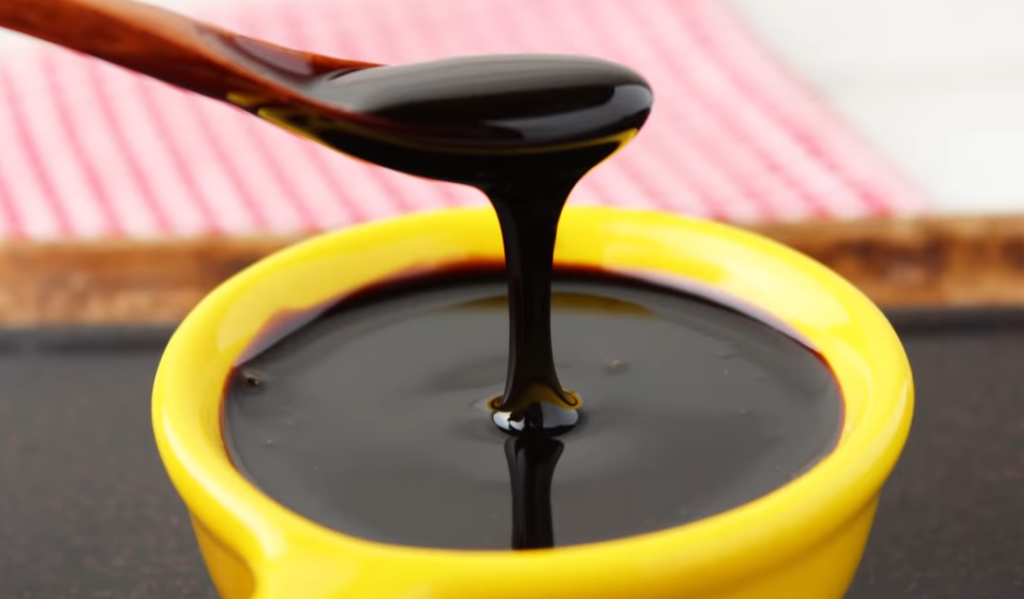
Molasses is a nutrient-rich syrup created during the sugar refining process. Unlike refined sugar, it retains essential minerals and antioxidants. Blackstrap molasses, the most concentrated form, offers high levels of iron, calcium, magnesium, and potassium. These nutrients support bone health, energy production, and immune function.
This thick, dark syrup adds a robust flavor to baked goods, marinades, and sauces. It works well in gingerbread, barbecue glazes, and even smoothies. Molasses also contains B vitamins, which help convert food into energy and support brain function.
As one of the most mineral-dense healthy alternatives to sugar, molasses provides sweetness with added benefits. It has a lower glycemic index than refined sugar, making it a better choice for blood sugar control. While it still contains natural sugars, its nutritional profile makes it a smarter option for mindful eating.
Use molasses in moderation to enhance flavor and boost nutrient intake without relying on processed sweeteners.
Stevia – A Zero Calorie Alternative

Stevia is a naturally derived sweetener extracted from the leaves of the Stevia rebaudiana plant. It is 200 to 300 times sweeter than sugar, yet contains zero calories. This makes it one of the most popular healthy alternatives to sugar, especially among people managing diabetes or weight concerns.
Unlike artificial sweeteners, stevia does not spike blood glucose levels. It has a glycemic index of zero and does not contribute to tooth decay. Many consumers appreciate its clean, slightly herbal aftertaste, which varies depending on the brand and formulation.
Stevia is available in several forms, including liquid drops, powdered extract, and granulated blends. Some products combine stevia with erythritol or other natural sweeteners to improve texture and taste. You can use stevia in baking, beverages, and sauces, though it may require recipe adjustments due to its intense sweetness.
For those interested in sustainability, stevia plants are easy to grow at home. A few leaves steeped in hot water can sweeten tea naturally. This versatility and health profile make stevia a standout choice among healthy alternatives to sugar.
Xylitol – 10 Healthy Alternatives to Sugar
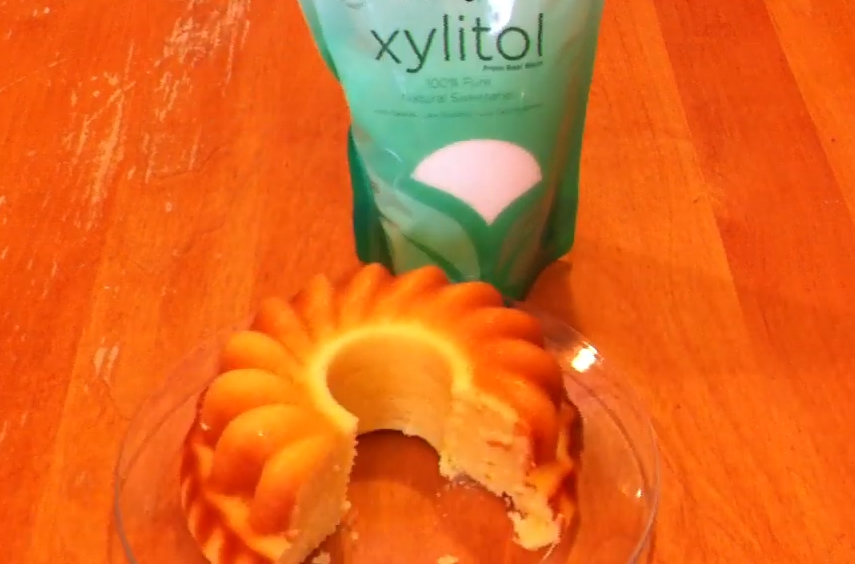
Xylitol is a naturally occurring sugar alcohol found in fruits, vegetables, and hardwood trees. It offers a sweet taste without the harmful effects of refined sugar. The human body even produces small amounts of xylitol during normal metabolic processes.
This low-calorie sweetener contains 40% fewer calories than table sugar. It does not spike blood glucose or insulin levels, making it a safe choice for diabetics. Xylitol also helps prevent tooth decay by reducing harmful bacteria in the mouth, which is why it’s often used in chewing gum and toothpaste.
As one of the most effective healthy alternatives to sugar, xylitol supports dental health and weight management. It has a low glycemic index and does not contribute to fatty liver disease. While it costs more than regular sugar, its health benefits justify the investment.
Xylitol can be used in baking and cooking, though it may not caramelize like sugar. It’s best suited for recipes that don’t rely on browning. Always keep xylitol away from pets, especially dogs, as it can be toxic to them.
Brown Rice Syrup – The Versatile Sugar Alternative
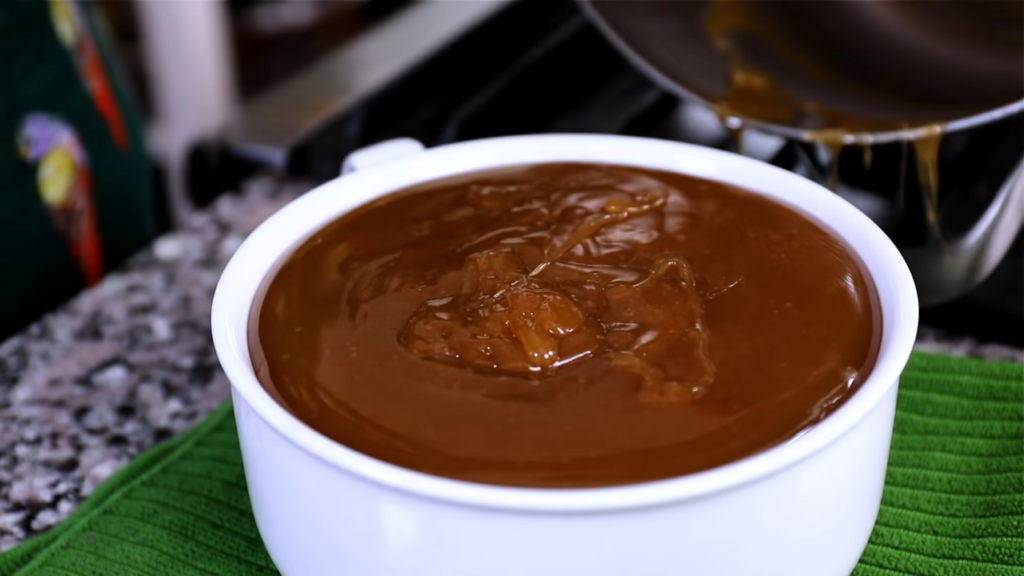
Brown rice syrup is a naturally derived sweetener made by fermenting cooked brown rice with enzymes. The resulting liquid is then boiled down into a thick, amber-colored syrup with a mild, buttery flavor.
It contains no fructose and has a lower glycemic index than refined sugar, making it a smart choice for those watching blood sugar levels. While it is not calorie-free, it digests more slowly than table sugar, offering a steadier energy release.
This syrup works well in recipes that call for corn syrup or honey. It blends easily into baked goods like muffins, granola bars, and cookies. Many people also drizzle it over pancakes or stir it into salad dressings for a subtle sweetness.
As one of the healthy alternatives to sugar, brown rice syrup offers a gluten-free, wheat-free option for clean-label cooking. It’s especially popular in vegan and whole-food diets for its natural origin and versatility.
Coconut Sugar – An Alternative Reminiscent of Brown Sugar
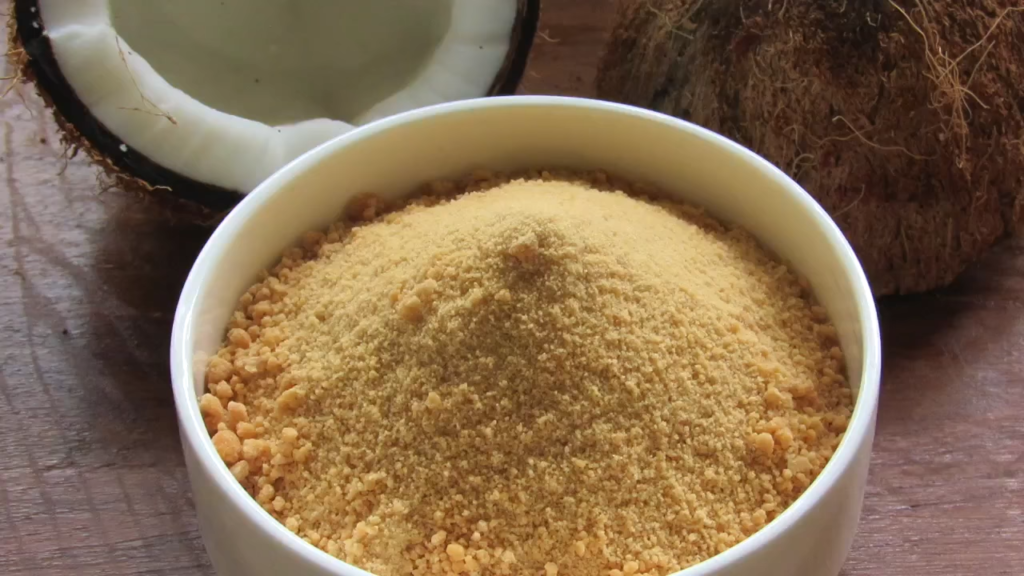
Coconut sugar is made by heating the sap of coconut palm flowers until the water evaporates. This process leaves behind nutrient-rich granules. It contains small amounts of iron, zinc, calcium, and potassium, making it more nutritious than refined white sugar.
Unlike regular sugar, coconut sugar has a low glycemic index. This means it causes a slower rise in blood glucose levels. People watching their blood sugar often choose it as a safer sweetener. It also retains some of the antioxidants found in coconut sap.
Coconut sugar tastes similar to brown sugar with a hint of caramel. It works well in baking, coffee, and sauces. You can substitute it one-to-one for white sugar in most recipes. Its texture and flavor make it a versatile option in the kitchen.
As one of the healthy alternatives to sugar, coconut sugar offers sweetness with added nutrients and less impact on blood sugar levels.
Date Sugar – 10 Healthy Alternatives to Sugar
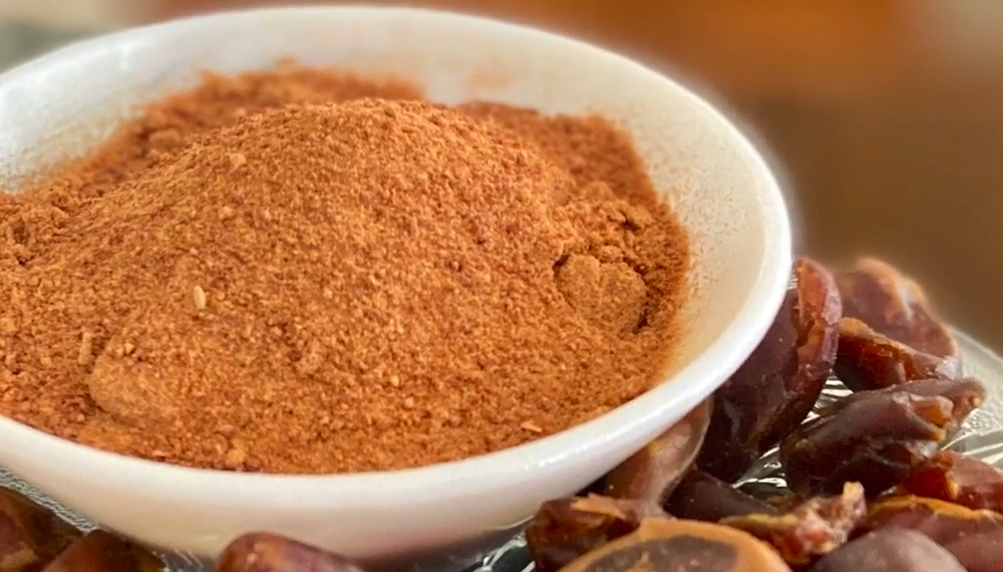
Date sugar is made from dried, ground dates and retains the fruit’s natural fiber, vitamins, and minerals. Unlike refined sugar, it offers trace nutrients like potassium, magnesium, and antioxidants. Its rich, caramel-like flavor resembles brown sugar and works well in baked goods such as cookies, muffins, and quick breads.
This sweetener does not dissolve in liquids, making it unsuitable for beverages. However, it excels in recipes where moisture and texture are already present. You can use it as a one-to-one replacement for brown sugar in many dishes. It also pairs well with oats, smoothies, and energy bars.
Date sugar ranks among the most nutrient-dense healthy alternatives to sugar. It has a lower glycemic index than refined sugar, which helps reduce blood sugar spikes. Because it is minimally processed, it retains more of the whole fruit’s benefits. Choose organic varieties for the best quality and flavor.
Let me know if you’d like to segment this for different audiences or platforms, Charles—I’d be happy to help.
Barley Malt Syrup – A Malty Alternative

Barley malt syrup is a thick, dark sweetener made from sprouted barley that has been dried and cooked down. It offers a rich, malty flavor that works well in baked goods, sauces, and marinades. Though less sweet than white sugar, it delivers a deep, complex taste.
This syrup contains small amounts of vitamins and minerals, including potassium and magnesium. It also has a lower glycemic index than refined sugar, making it a better option for blood sugar control. While not calorie-free, it digests more slowly than simple sugars.
Barley malt syrup is often used in bread baking and beer brewing. It enhances browning and adds moisture to recipes. Some people use it in granola bars or to sweeten oatmeal. It’s one of the more traditional healthy alternatives to sugar, especially for those seeking natural, minimally processed options.
Diabetics and individuals with digestive concerns may find it easier to tolerate than refined sweeteners.

